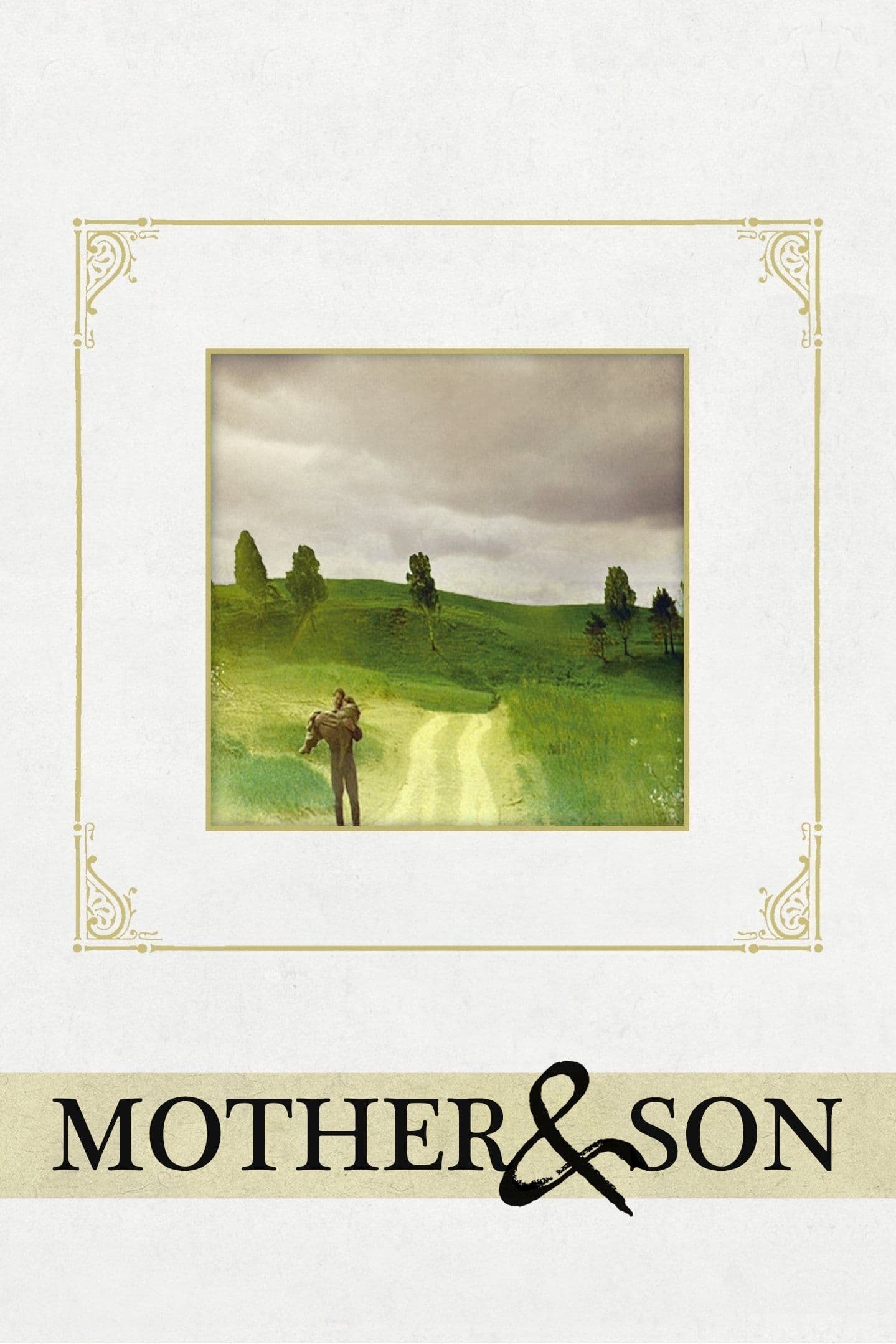
Mother and Son
1997
Rate this movie
Average: 5.00 / 5
(1 votes)
Director
A delicate portrait poised between intimacy and impressionism, featuring only two actors. In this choice of essentiality lies Alexander Sokurov's first striking intuition: to strip the narrative of all superfluity to elevate the experience to pure contemplation. Not a theatrical piece, nor a simple character study, but rather a visual symphony where the long shot and the extreme close-up merge into a single breath, pulsating with life and imminent end. Impressionism manifests not only in the brushstrokes of light and color that sculpt the environment, but also in the subjective rendering of perceptions, in the way the external world is reflected and distorted in the protagonists' souls, almost like Monet's canvases where reality is filtered by emotion and changing light.
A small iconic mechanism that makes a long farewell between mother and son shine within the gears of its workings, without involving ethical frameworks but imbuing the story with expressionistic vividness and romantic sensibility. The "iconic mechanism" here is the very structure of the film: an ode to the transient, a rite of passage captured with an almost sacred reverence. The absence of "ethical frameworks" is liberating; there is no judgment, no conventional drama, only the pure observation of a bond stretching towards the final frontier. The expressionistic vividness does not translate into shouts or frantic gestures, but into a distilled emotional intensity, manifested through the deformation of perspective, the use of filters that alter chromatic perception, the surreal atmospheres reminiscent of the distorted visions of a Munch or the silent anguish of an Otto Dix painting. It is an expressionism of the soul, not of the body, merging with a romantic sensibility worthy of the great poets of the 19th century, where nature becomes a mirror and accomplice to the deepest feelings.
The story is set in a remote Russian village where a son remains at his dying mother's bedside, tenderly tending to her last moments with an implicit, whispered conversation, imbued with memories and rarefied music. This setting is not accidental: Sokurov's deep Russia is a place outside of time, almost mythological, where modernity has not yet corrupted the primordial bond between man and earth. The geographical isolation amplifies the claustrophobic yet expansive intimacy of their relationship. The "implicit conversation" is perhaps the most touching aspect: no words are needed when every gesture, every gaze, every silence is laden with a lifetime of affection and understanding. It is a dialogue made of shared memories, light caresses, breaths in unison, accompanied by a non-intrusive soundtrack, almost an ethereal whisper that emerges and fades, like gusts of wind through the trees or the rustle of passing time. This sonic minimalism is a distinctive trait of Sokurov, who elevates ambient sound to an essential component of the narrative, giving the film an almost tactile, sensory dimension.
In the background, the autumnal colors of nature envelop the loving senses of the two protagonists, sublimating them into supernatural archetypes. Nature, in "Mother and Son," is not a mere backdrop, but a living and participating entity, almost a third mute and majestic character. The warm and melancholic tones of autumn – ocher yellows, burnt reds, deep browns – are a visual metaphor for the end of a cycle, but also for the promise of eternal rebirth. This symbiotic relationship between man and landscape is a recurring theme in Russian cinema, from Tarkovsky to Zvyagintsev, but Sokurov elevates it to a transcendental level. Mother and son, immersed in this scenery of ineffable beauty and poignant decay, are transfigured from individuals into universal symbols: life fading away, filial devotion, the inexorable cycle of existence. They become archetypal, almost mythological figures, suspended between the finite and the infinite, like the solitary figures in Caspar David Friedrich's romantic landscapes, where the smallness of human existence confronts the indifferent and sublime grandeur of nature.
The evocative power of the countryside is the focal point of this work; spiritual visions alternate with changing, diffused colors, suspended in the mist: woods and meadows poised between memory and pain, between spiritual nature and fragile human condition. Sokurov, with his visual mastery, manipulates light and atmosphere to evoke not only a physical space, but a state of mind, an almost mystical experience. The mists enveloping the woods, the filtered lights dancing among the leaves, the bruised and infinite skies, create a suspended, almost dreamlike atmosphere, where the boundary between reality and hallucination, between the tangible and the otherworldly, thins until it vanishes. The "spiritual visions" are not supernatural apparitions in the traditional sense, but rather a profound intuition of the continuity between life and death, between matter and spirit. It is nature that whispers ancestral secrets, offering solace in pain and, with its perpetual transformation, making the awareness of human fragility less bitter. The film becomes a meditative experience, a journey into interiority rather than a linear narrative. Sokurov's camera does not merely record, but participates, with distorting lenses and unusual perspectives, in creating a sense of disorientation and wonder, inviting the viewer to look beyond the surface, to feel the pulse of life even in its most subtle manifestation. It is the stylistic signature of a director who has always explored the boundaries of human existence, from the monumental epic of Russian Ark to the philosophical torment of Faust, here condensed into a work of intimate, disarming beauty.
A work of breathtaking lyricism, just over an hour to perceive this film as a balm for the soul, a déjà vu in the fabric of everyday life that we insist on silently interpreting, with a barely hinted smile. Its lyricism is not rhetorical, but essential, almost ascetic, like a cinematic haiku. "Mother and Son" is a cathartic experience, a "balm for the soul" not because it offers easy answers, but because it honors silence, pain, and beauty in such a pure way as to elevate the viewer. It is the universal recognition of loss and tenderness, the "déjà vu" of an experience that, though unique, resonates with everyone's lived experience. It invites us to pause, to observe, to feel the gravity and grace of moments we often let slip away. The silent interpretation, that "barely hinted smile," is the gesture of one who has understood the transience of life and, even in melancholy, finds a profound acceptance, a serenity that transcends pain. It is the mark of a film that does not ask for tears, but for a profound resonance, an echo that continues to vibrate long after the end credits.
Main Actors
Genres
Gallery
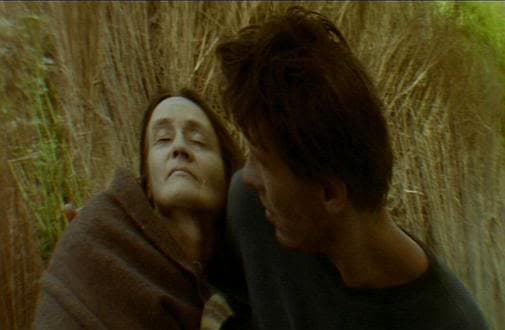
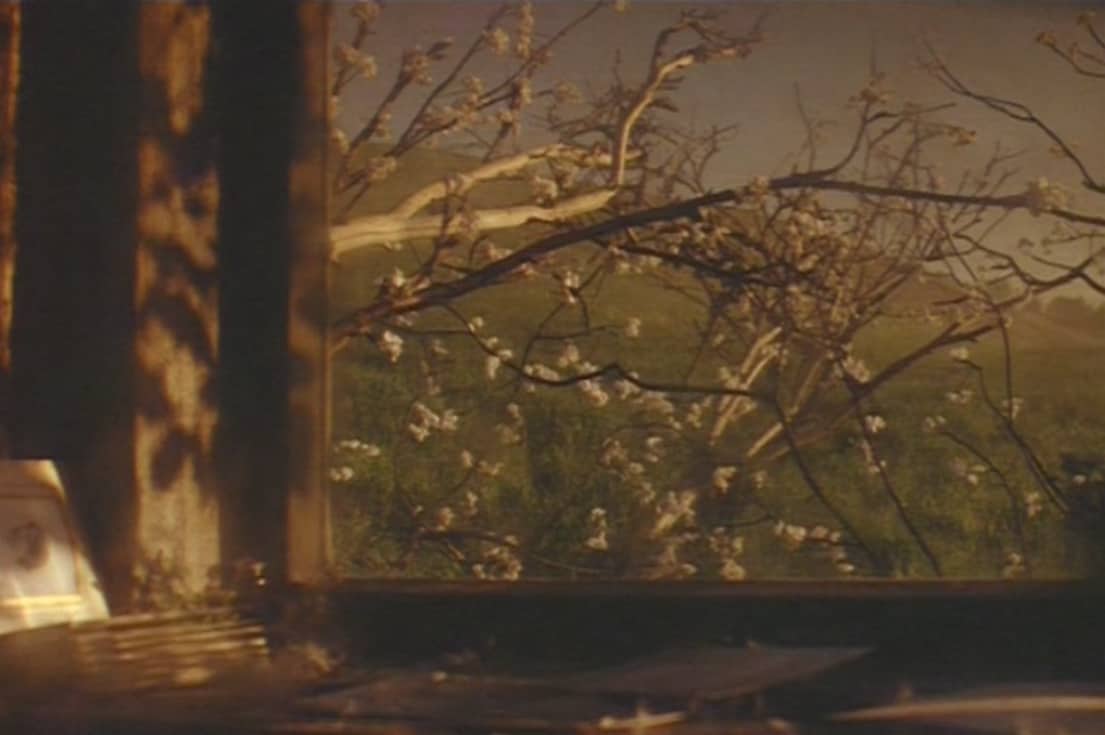
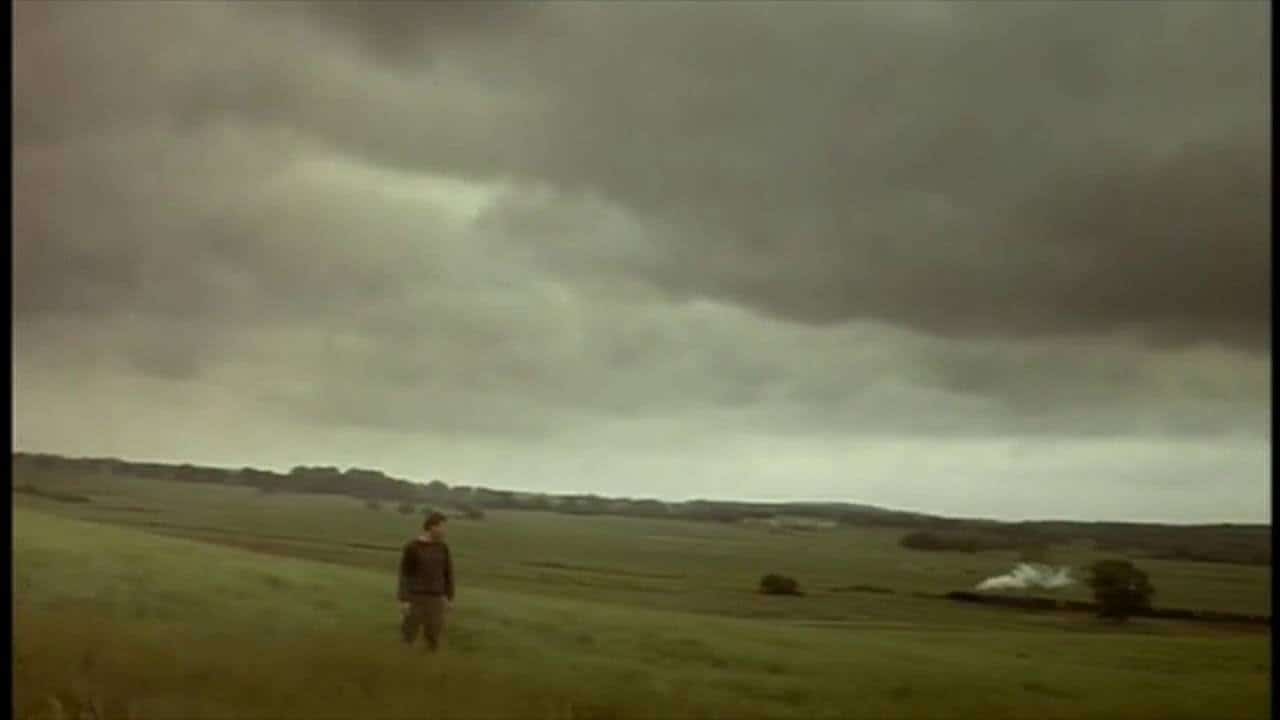
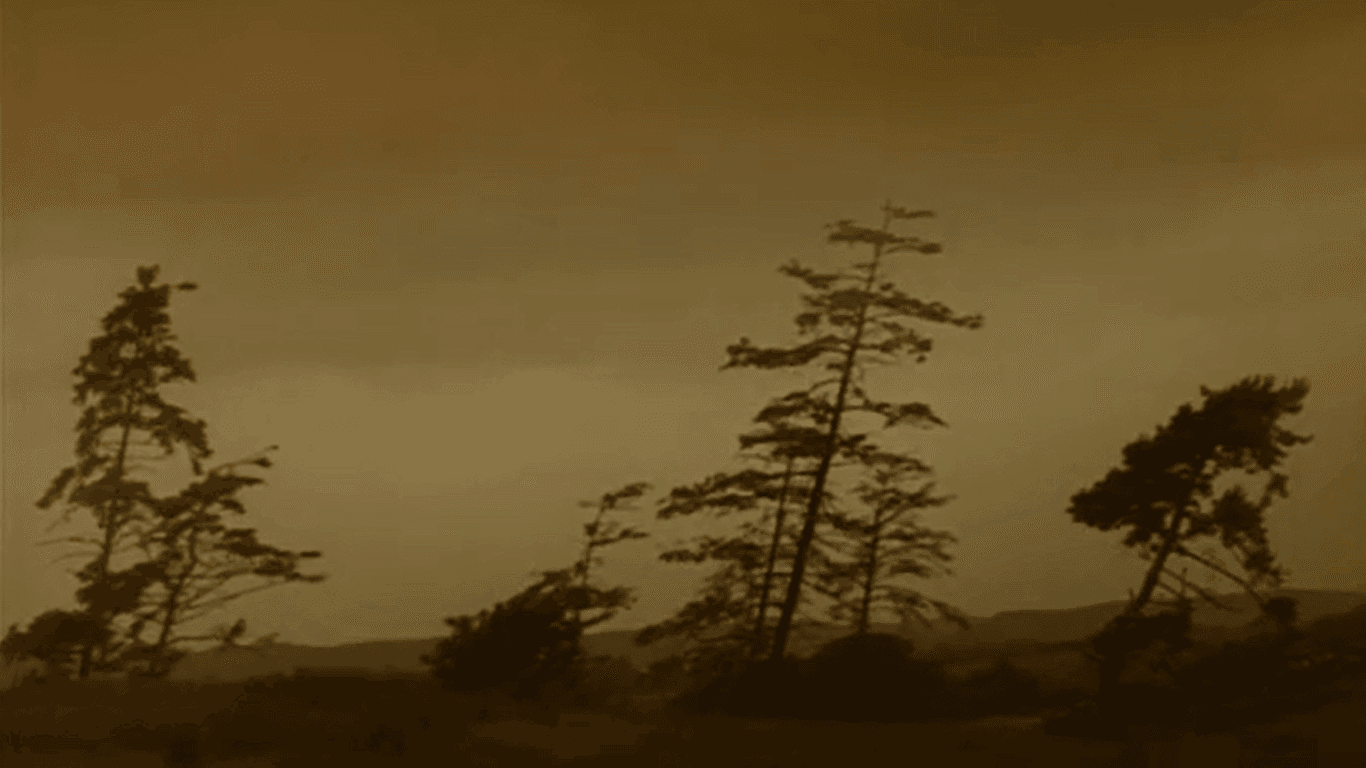
Featured Videos
Official Trailer
Comments
Loading comments...